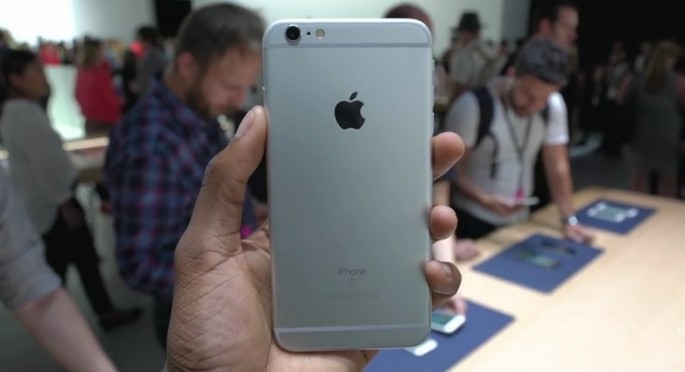The A9 chips power the iPhone 6s Plus and iPhone 6s and are sourced from Taiwanese company TSMC and South Korean company Samsung.
Owners have reported that the smartphones containing Samsung chips considerably underperform smartphones containing TSMC chips in comprehensive battery-life tests. According to battery life benchmarks, the difference can be two hours. However, the tech giant Apple said that the variation was not reflected in real-life use.
According to the company, claims that the battery life of the iPhone 6s and iPhone 6s Plus can differ by 2 hours depending on which supplier made the chip do not reflect real-life use, Gizmodo reported.
Third party tests showed that under high loads iPhone 6s smartphones with TSMC-manufactured A9 chips were offering two hours more battery life than iPhone 6s smartphones with Samsung-manufactured A9 chips.
However, according to Apple, some manufactured laboratory tests that run the processors with a constant heavy workload till the battery exhausts are not representative of real-life use, since they spend an unreasonable amount of time at the highest performance state of CPU.
The company said that their testing and consumer data show that the real battery life of the iPhone 6s Plus and iPhone 6s differ within 2%-3% of each other.
Furthermore, according to AnandTech report, having a substantial variation in the battery life on smartphones - even if each smartphone fulfills the minimum specifications - is not a good thing for Apple. The report added that this can cause purchasers to start looking for smartphones with 'golden' A9s.






















